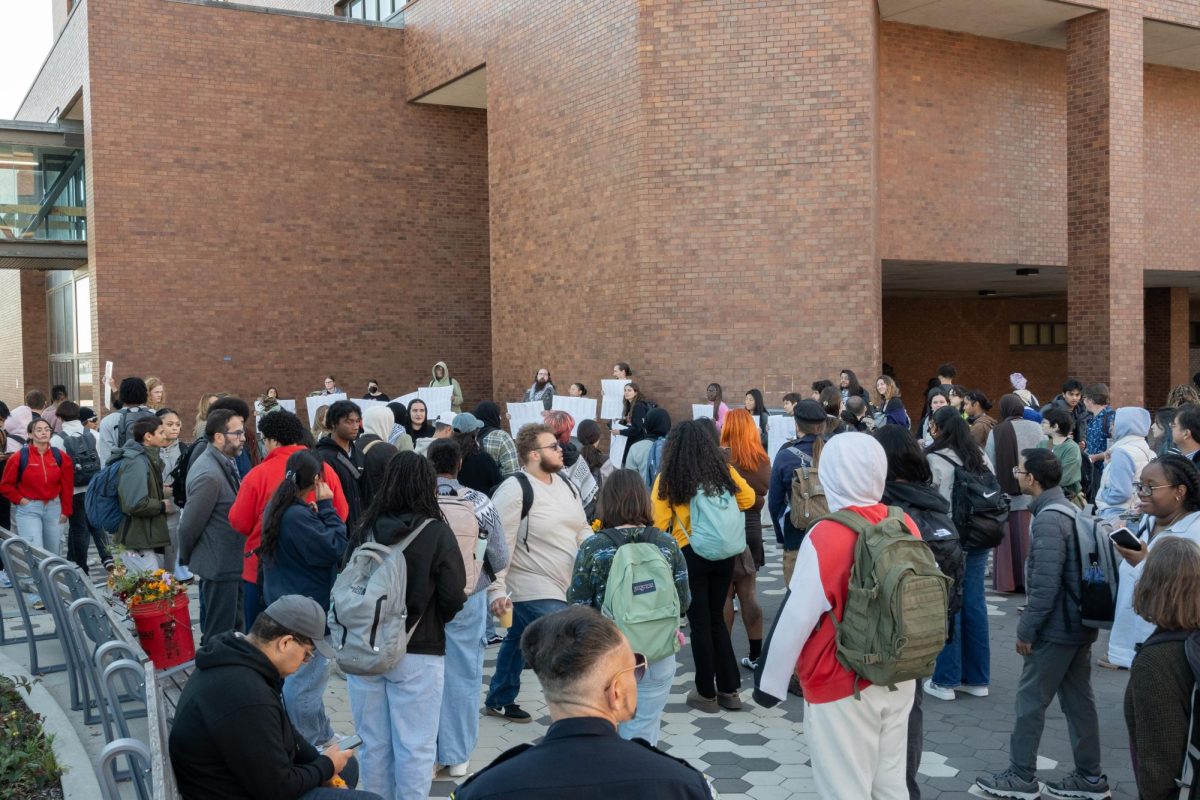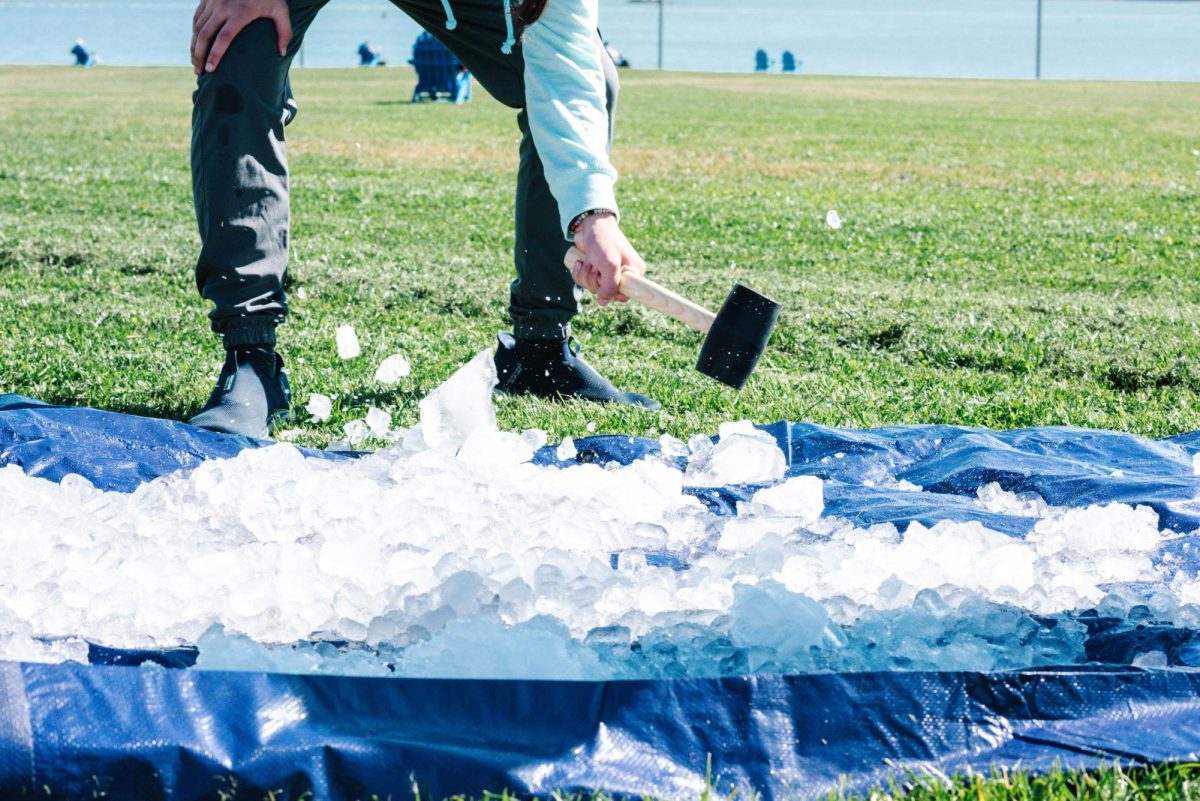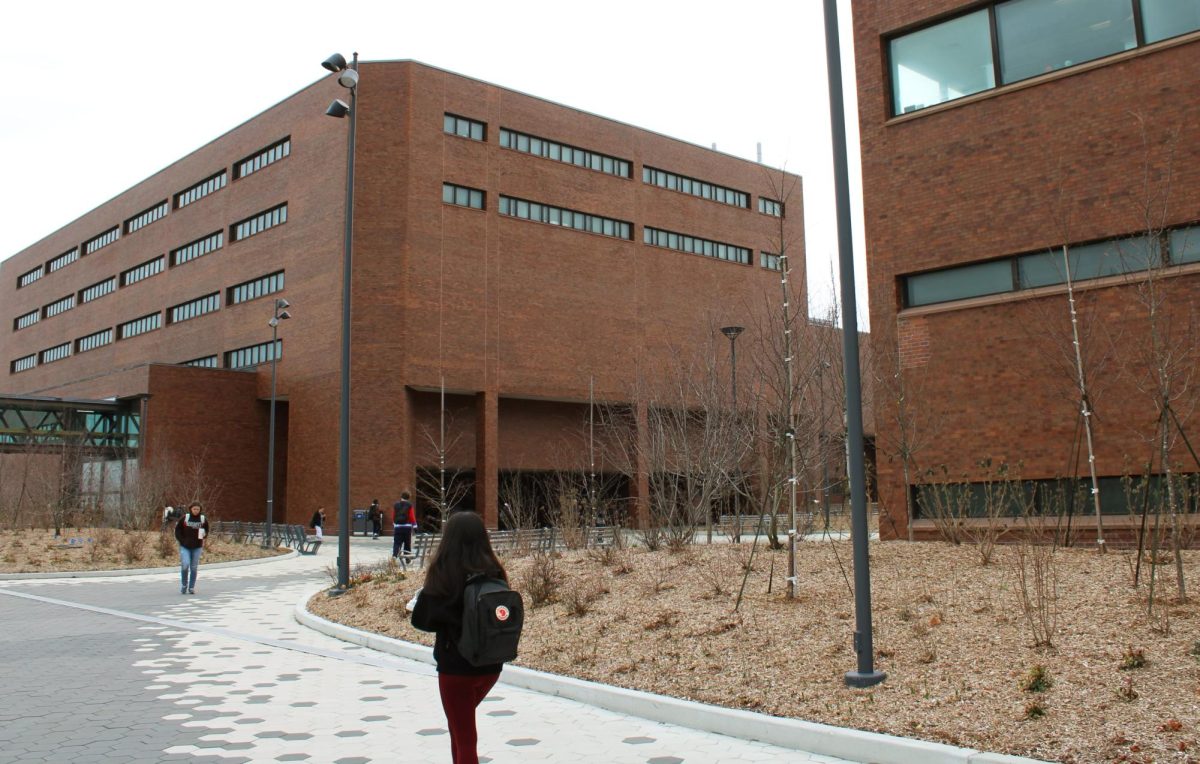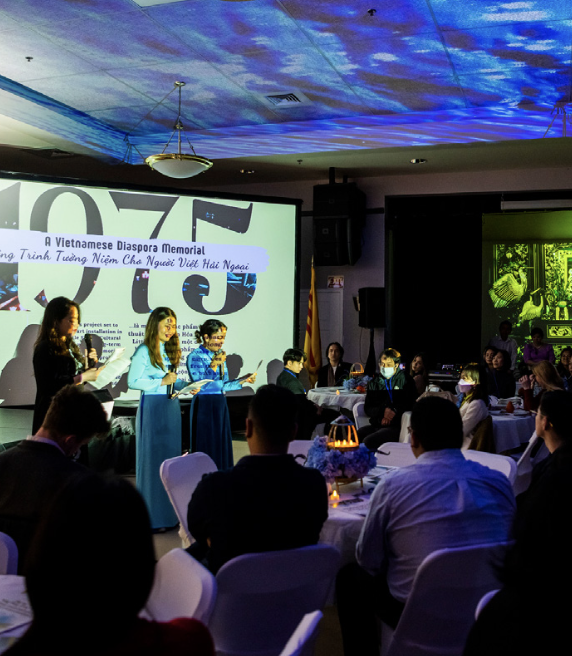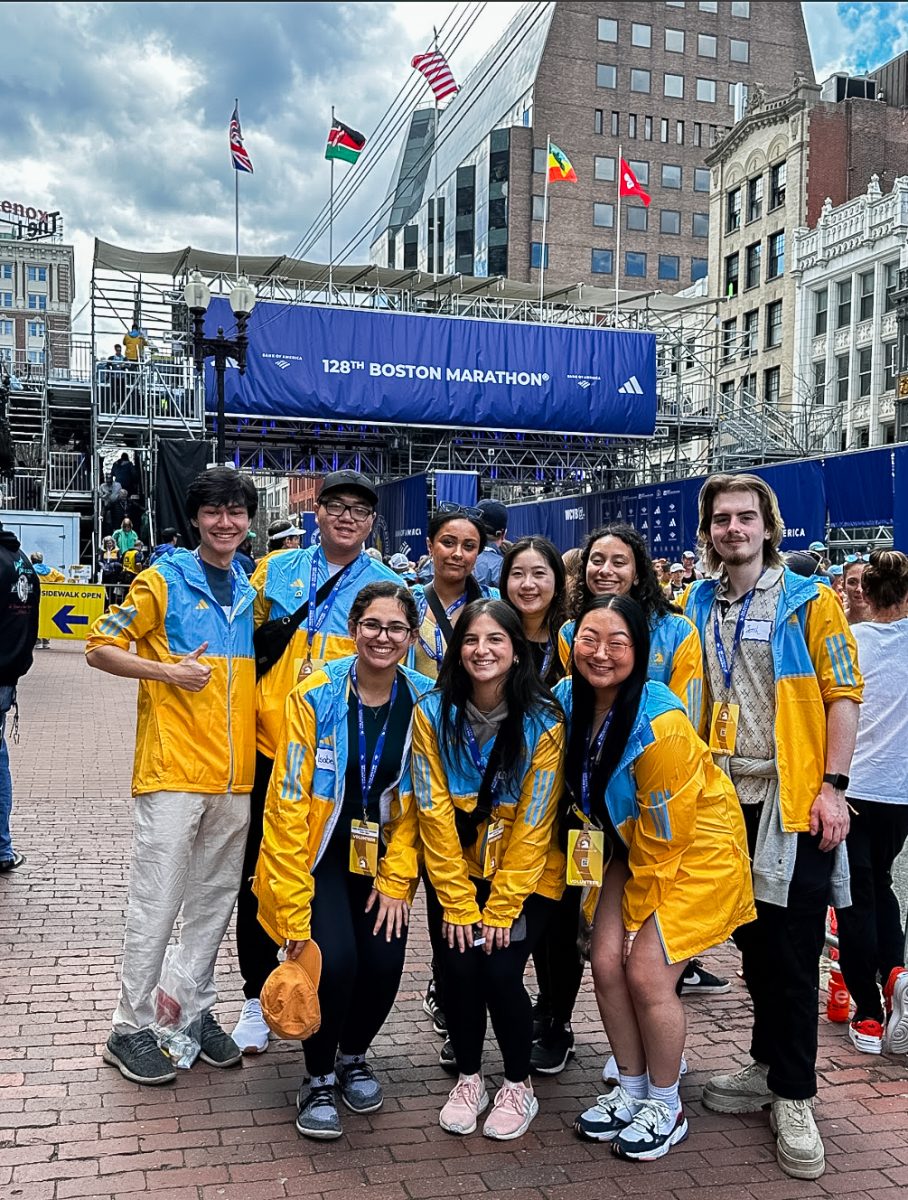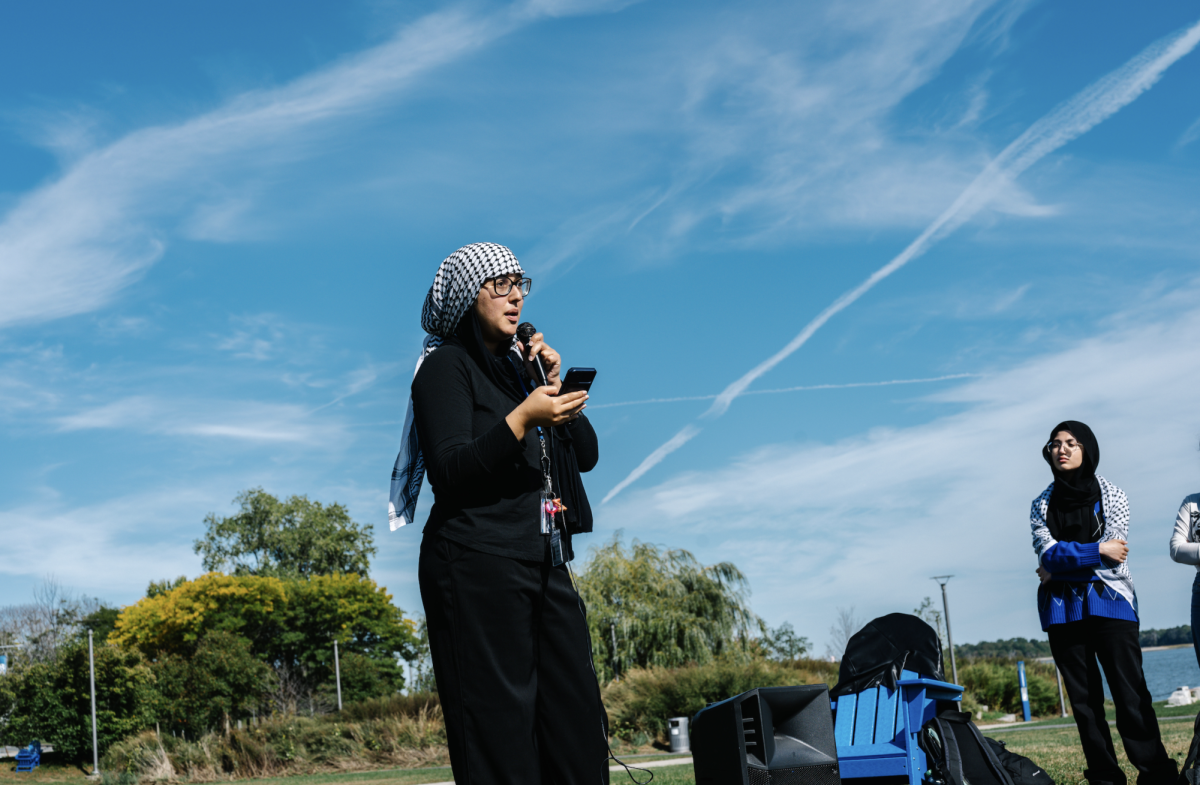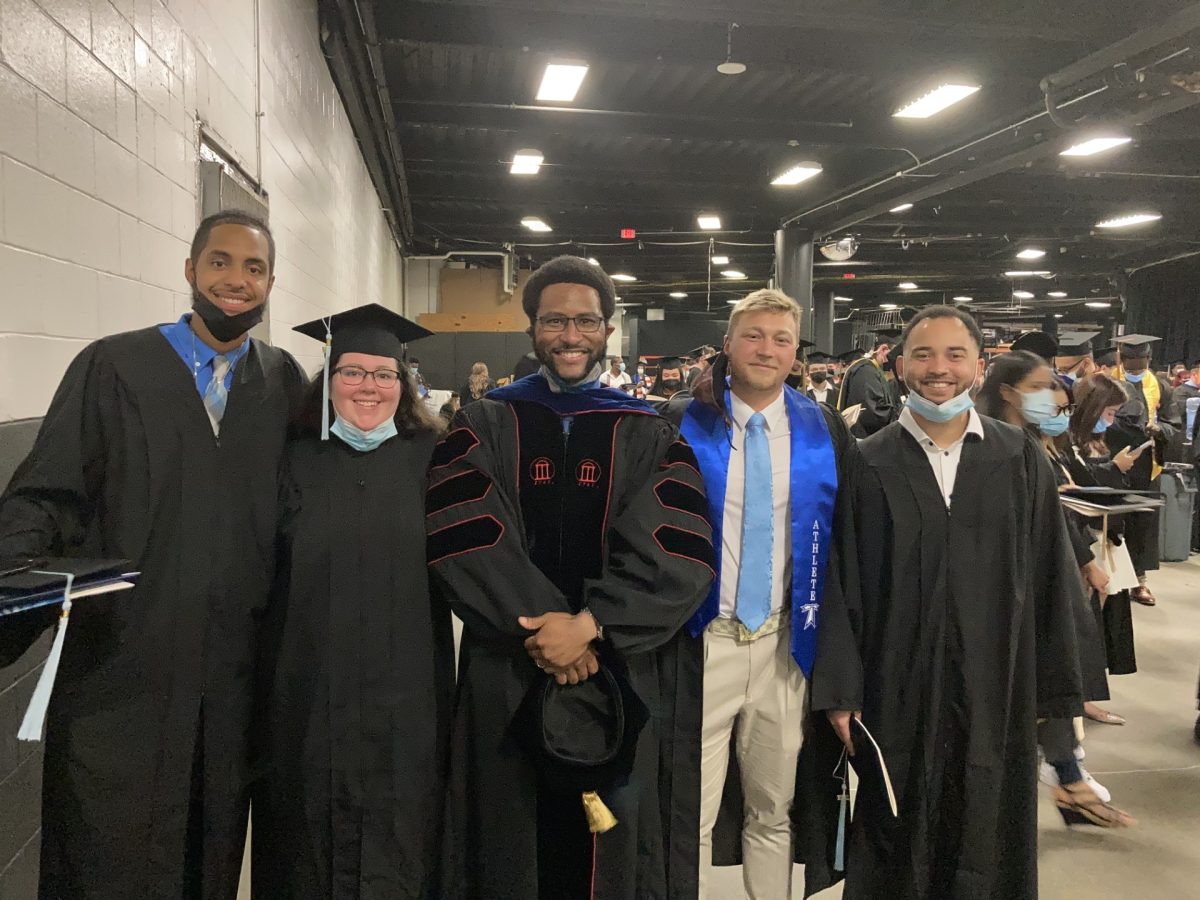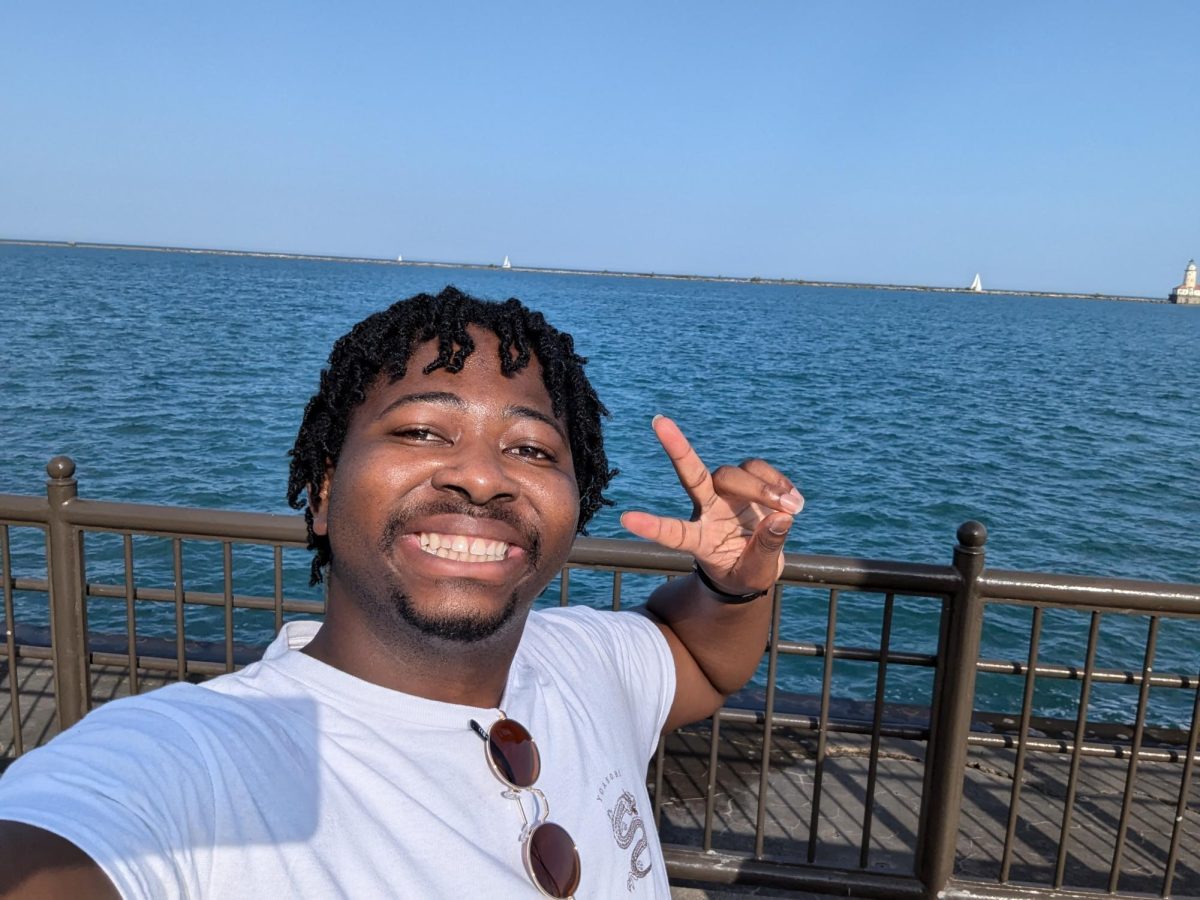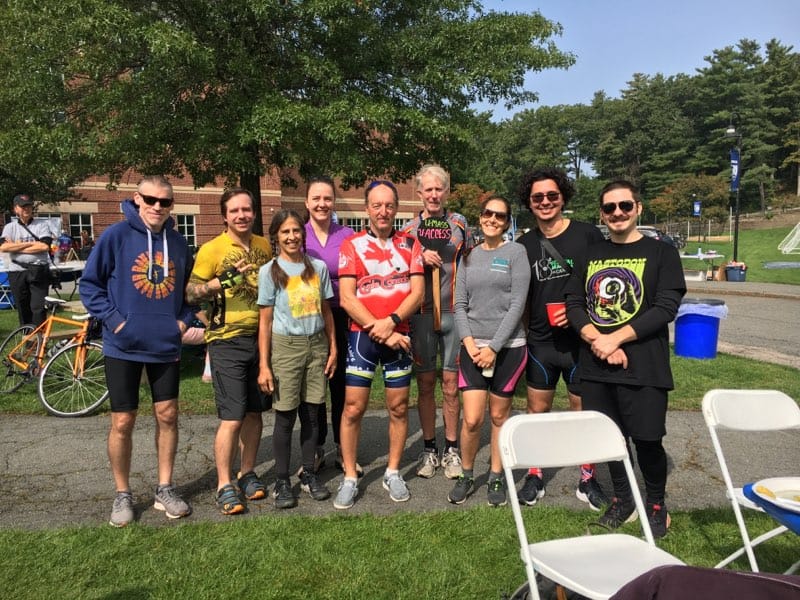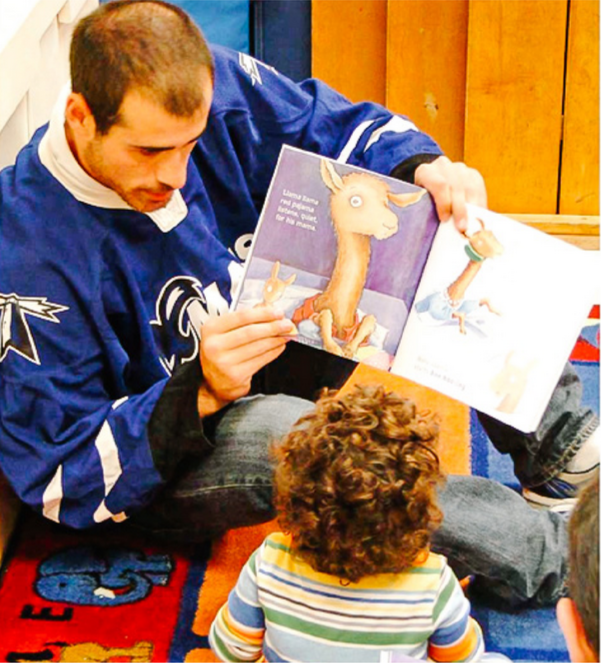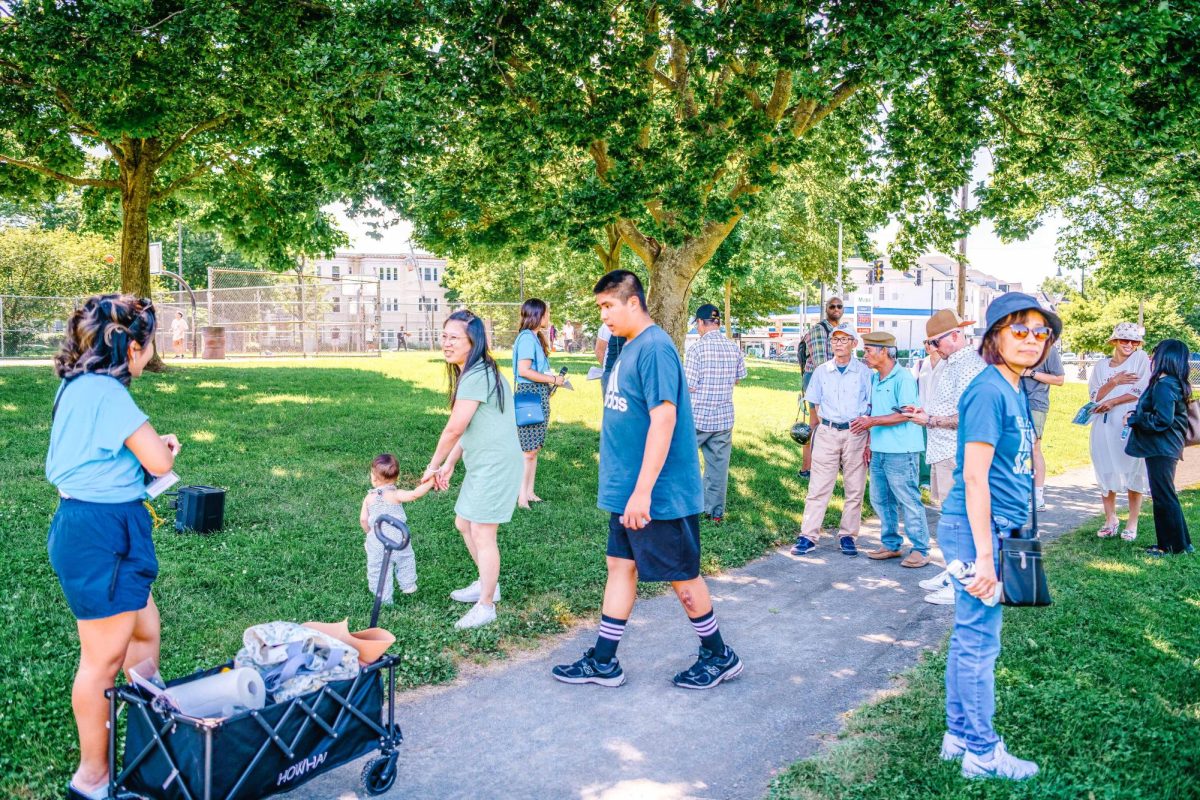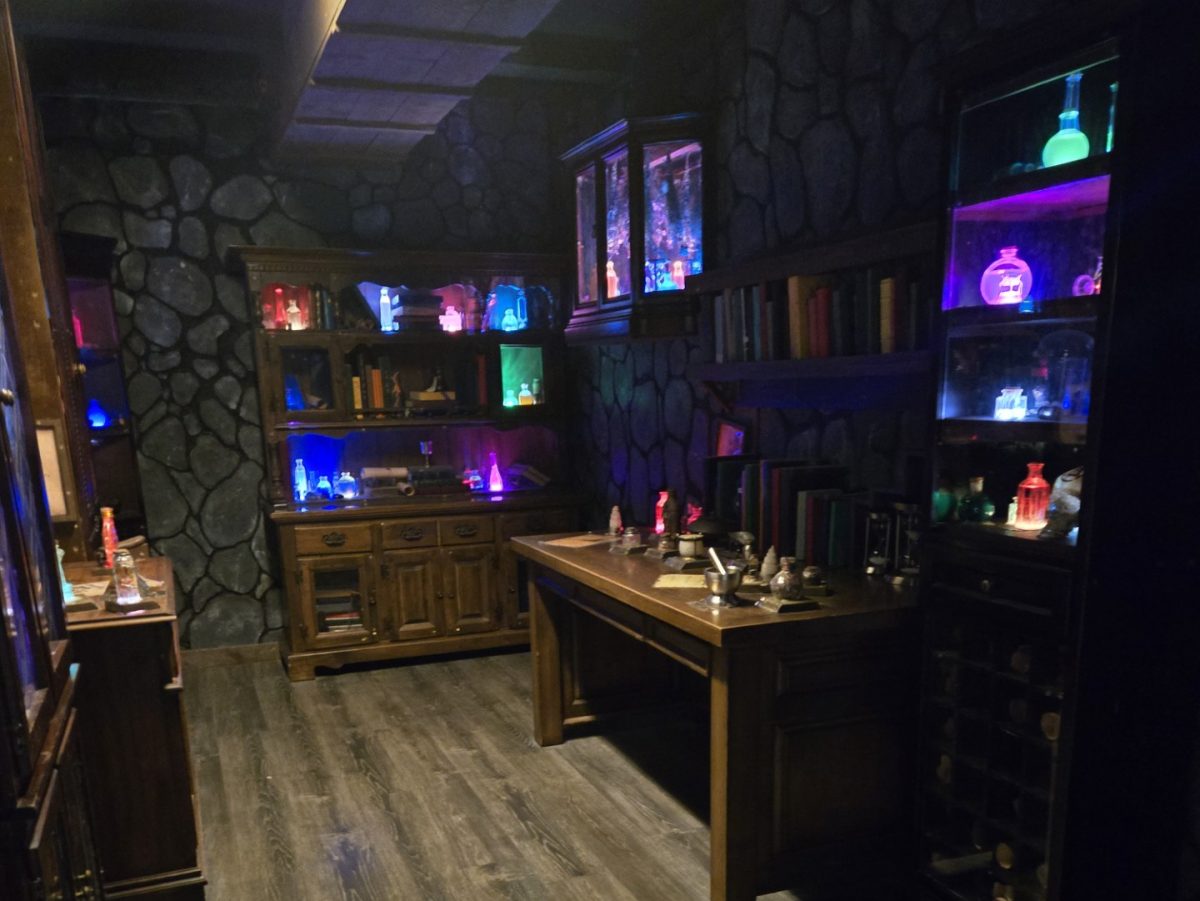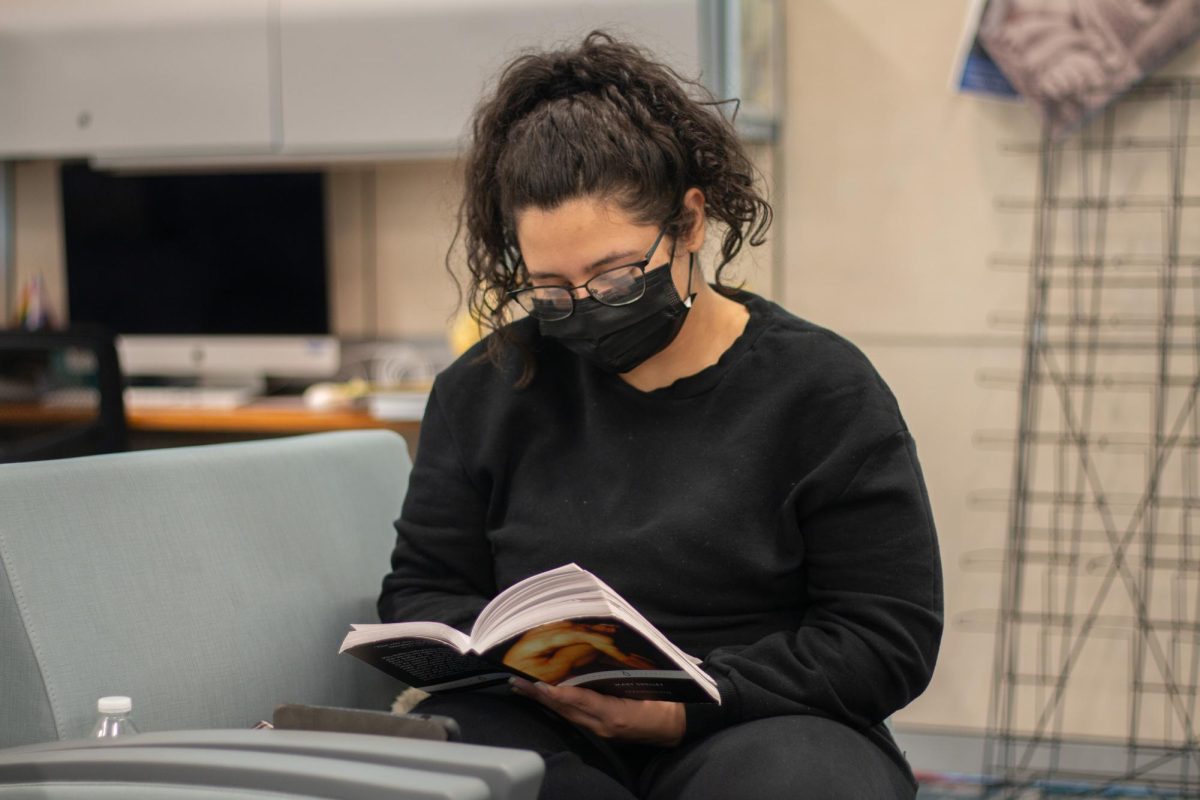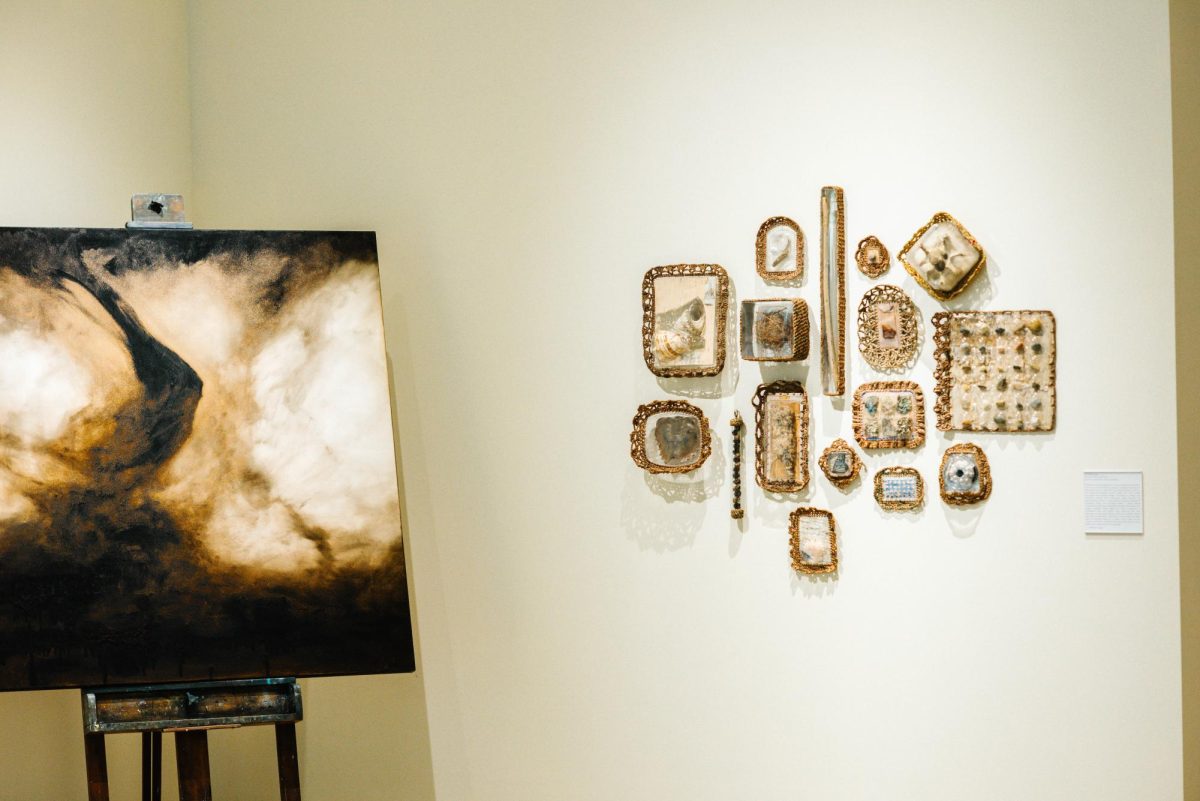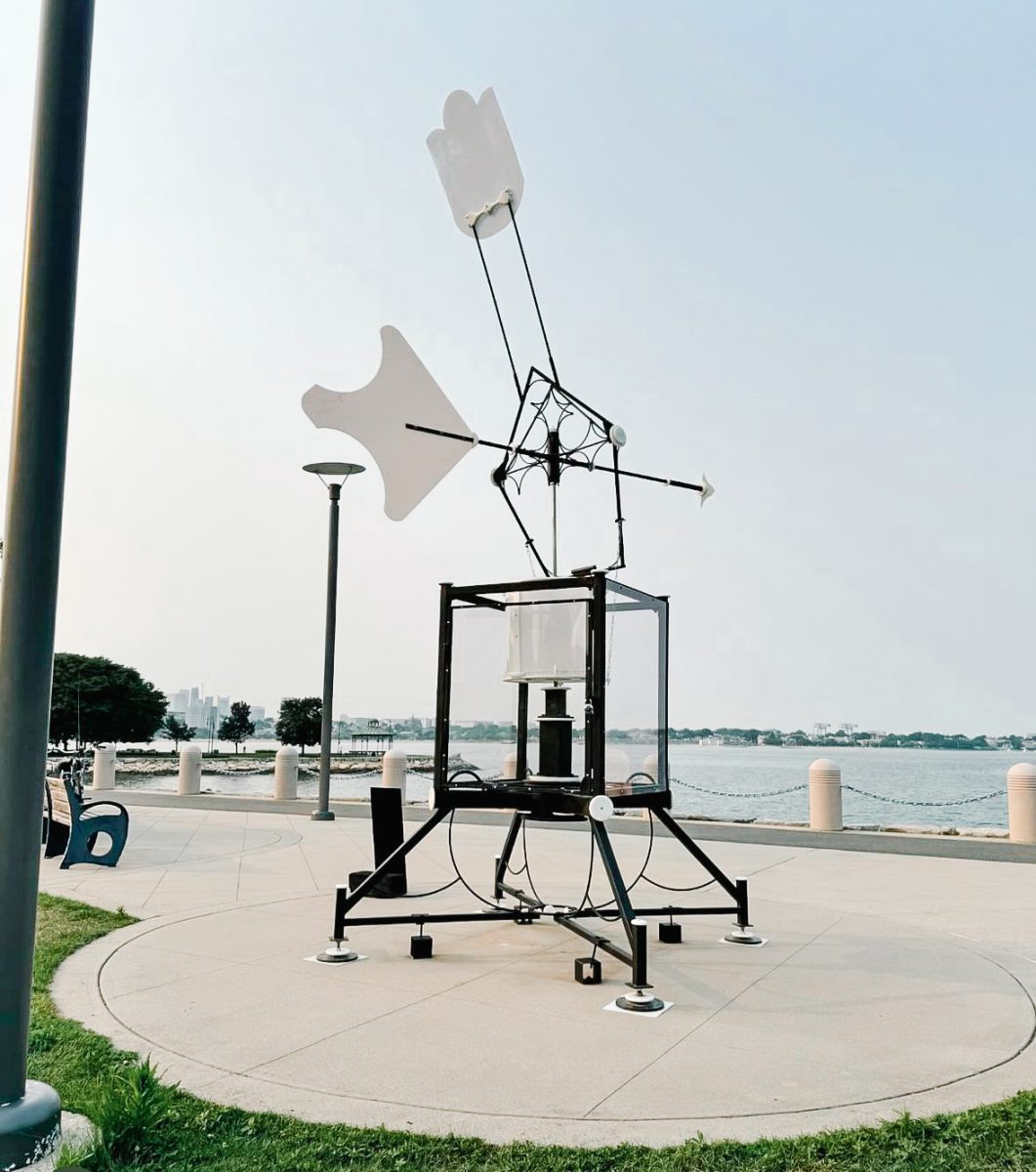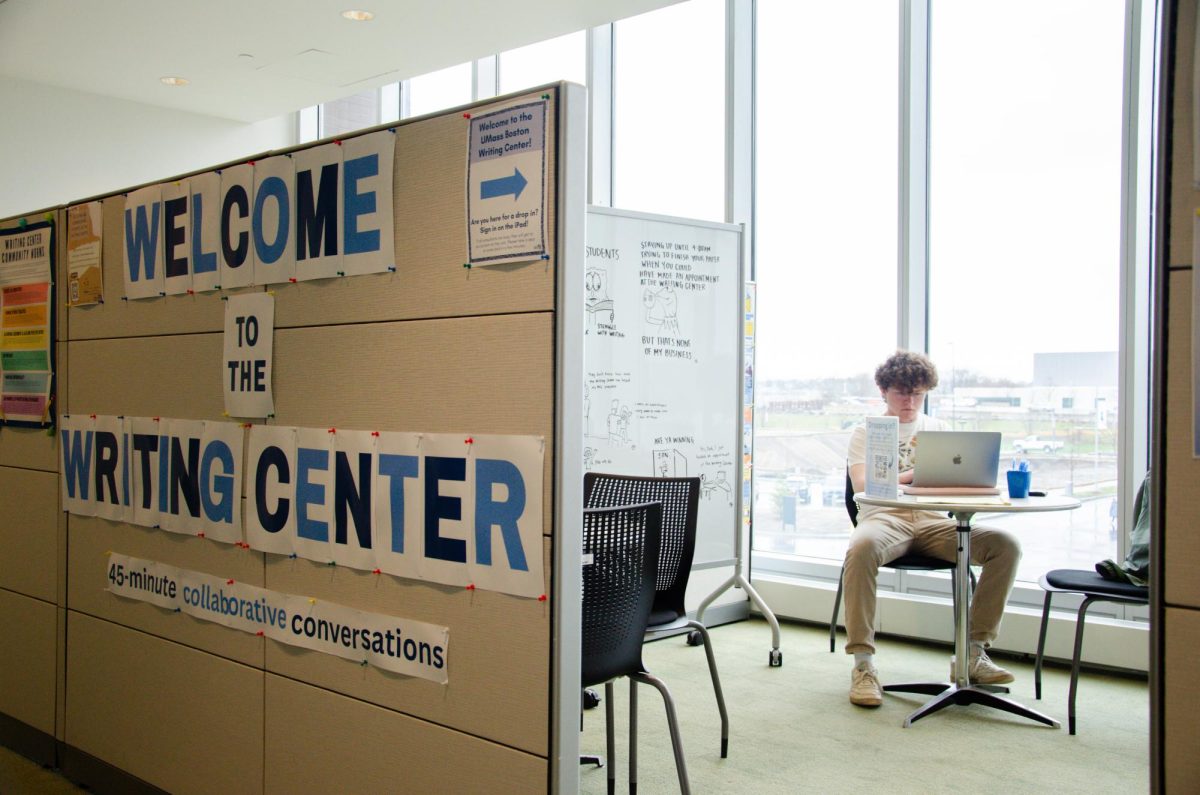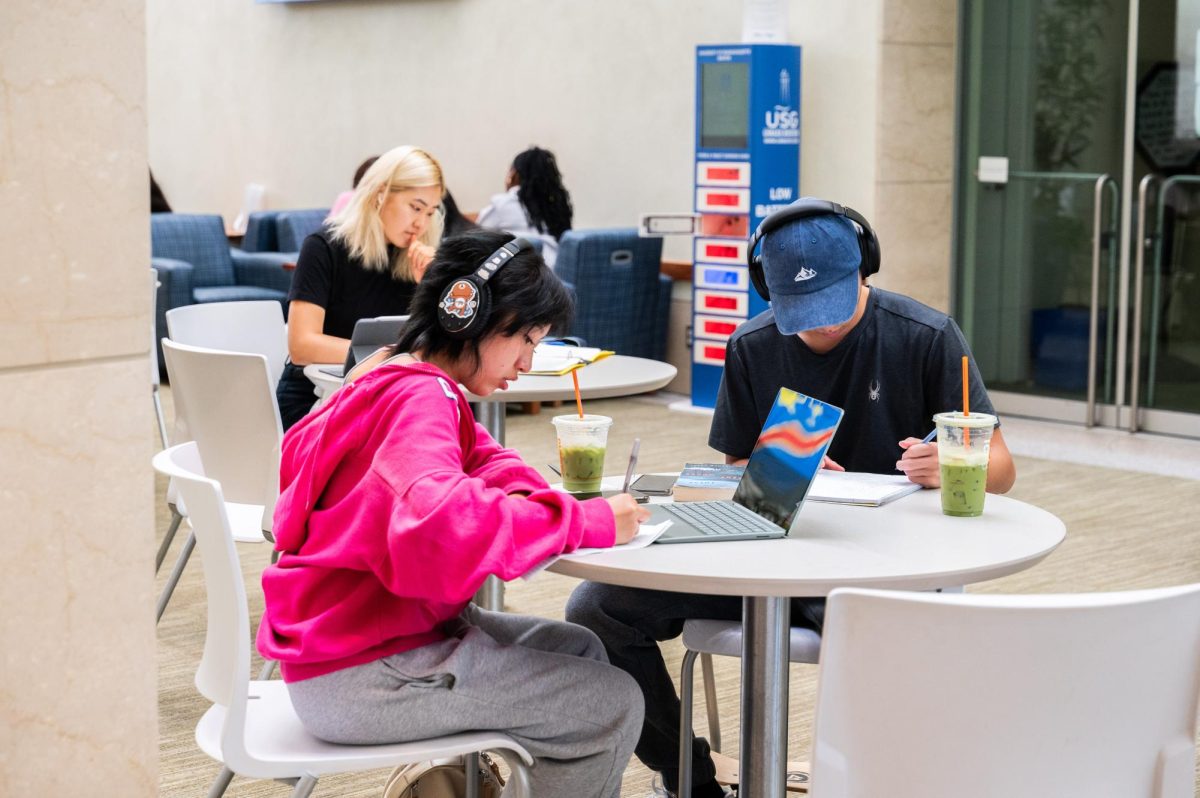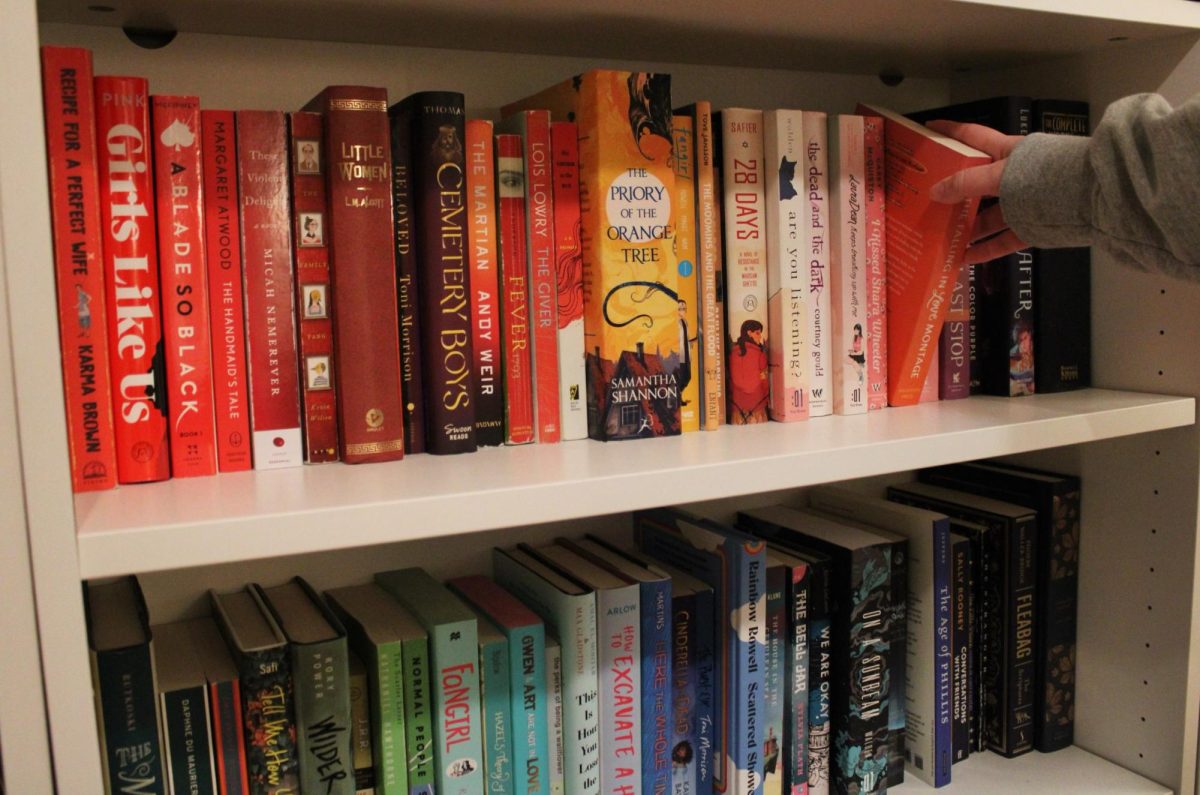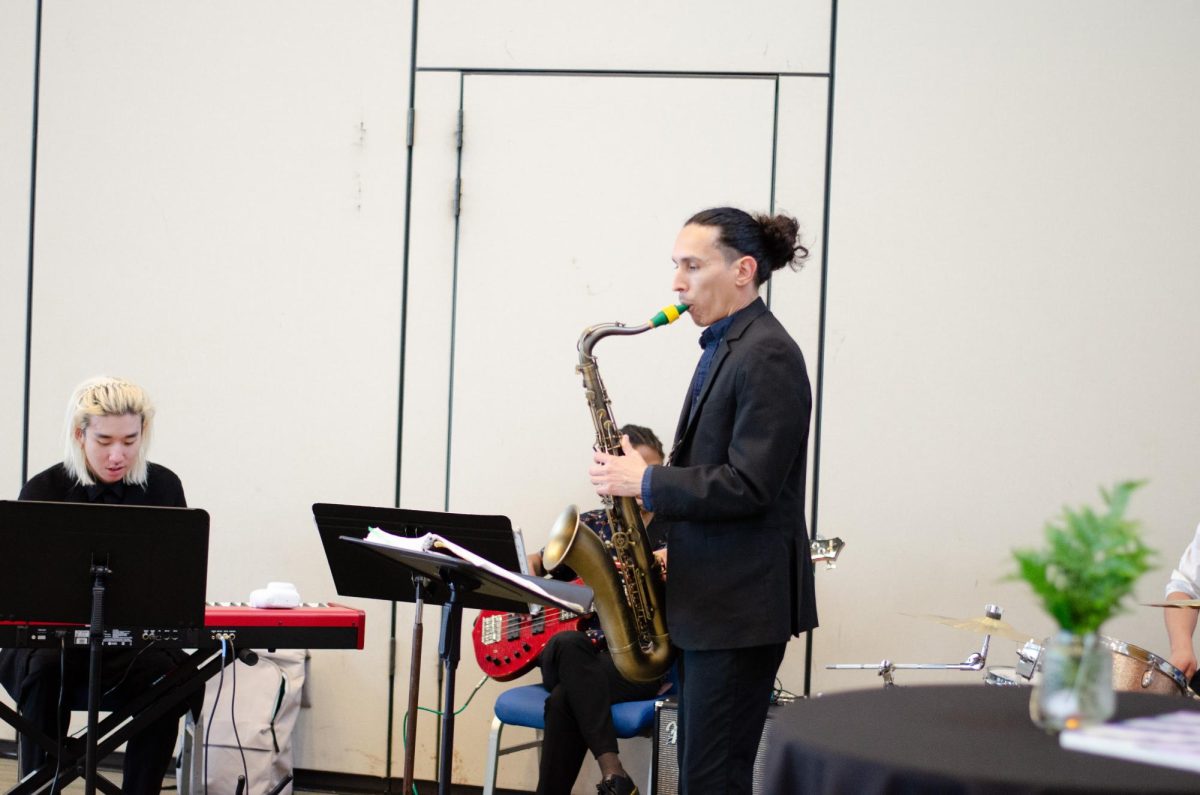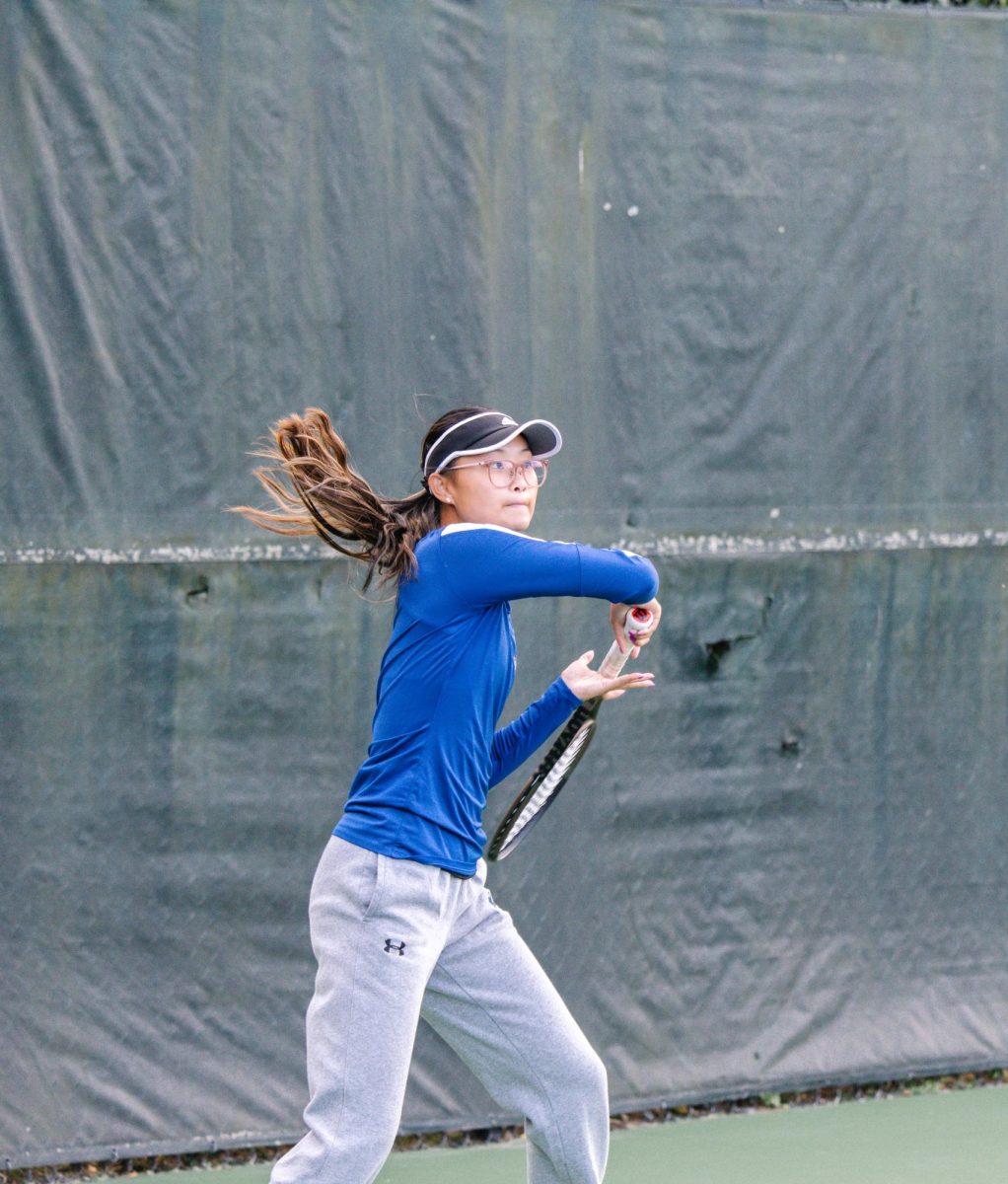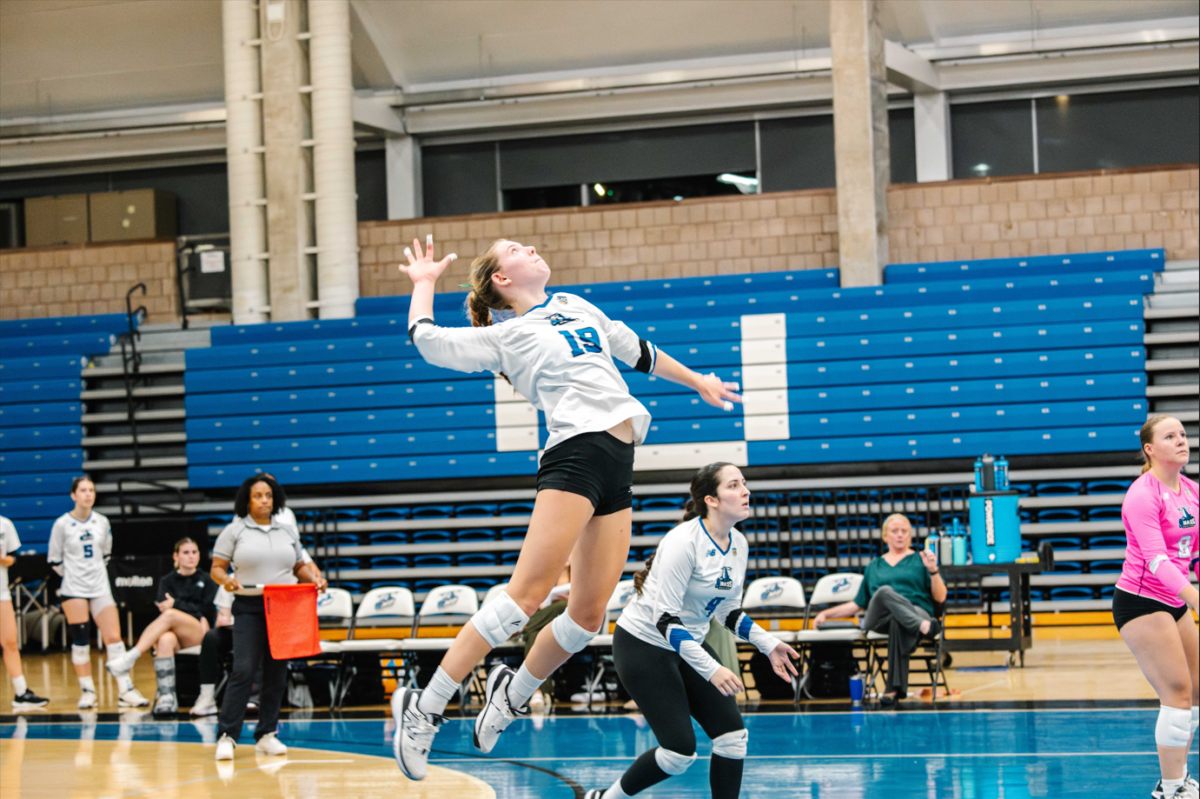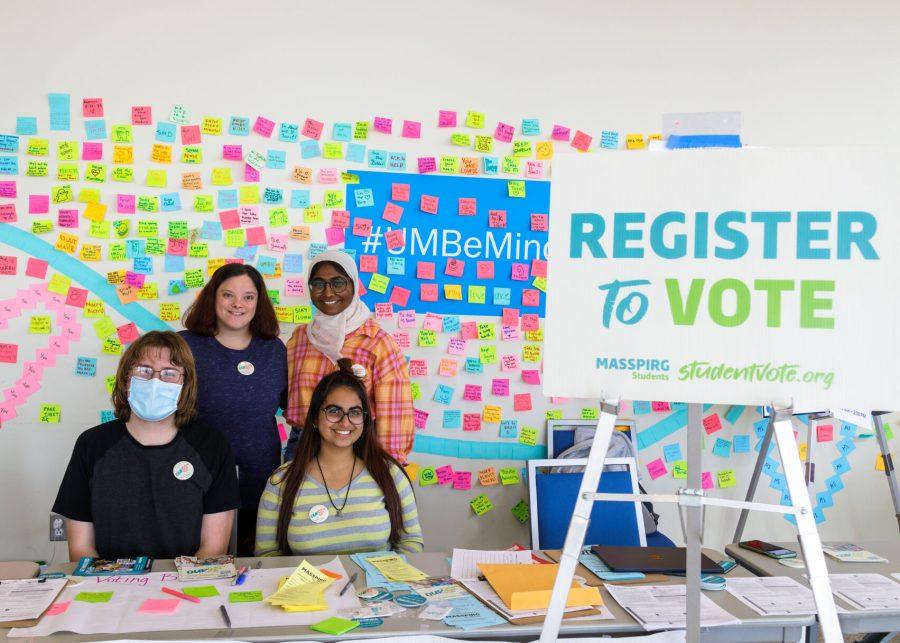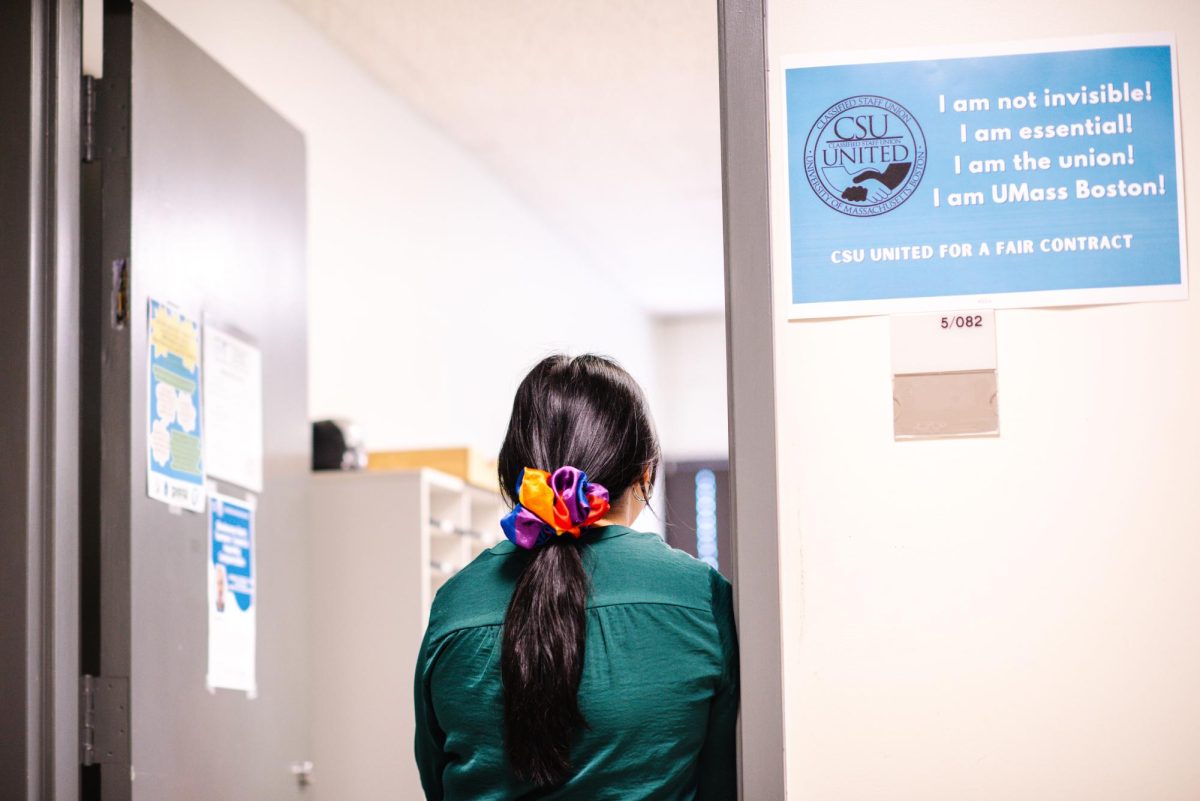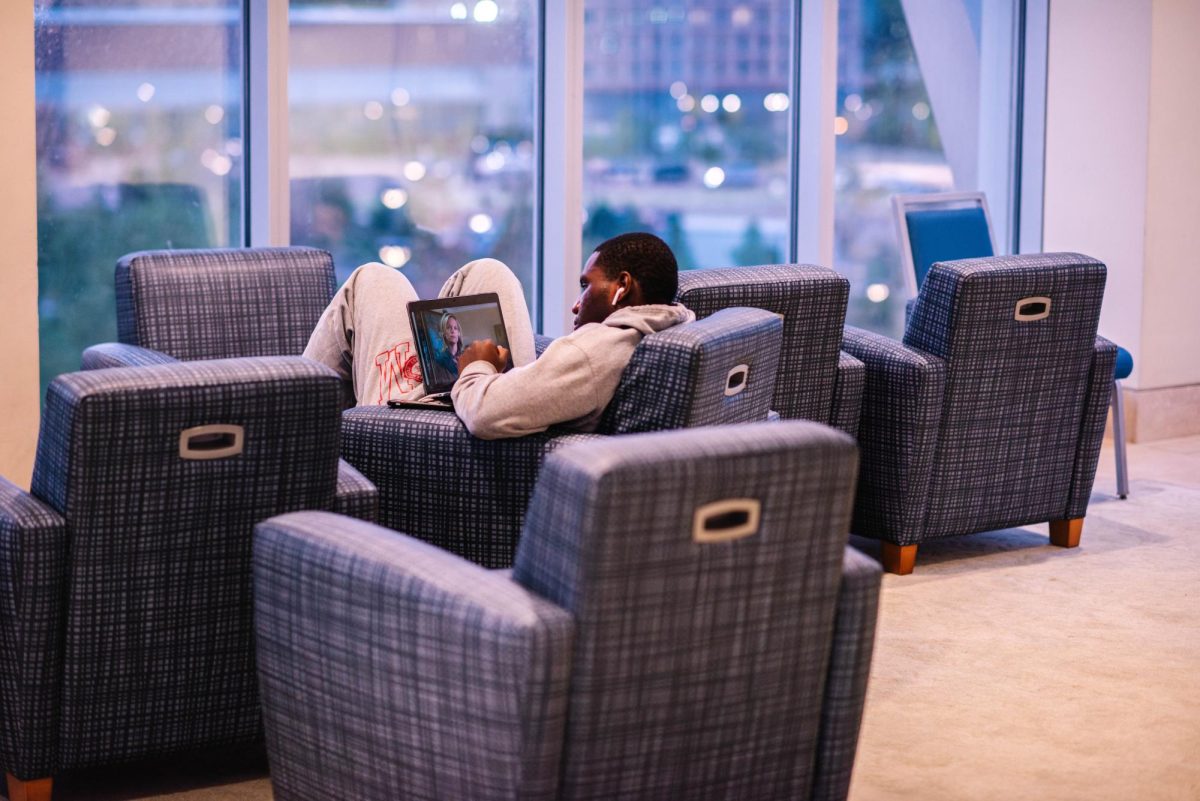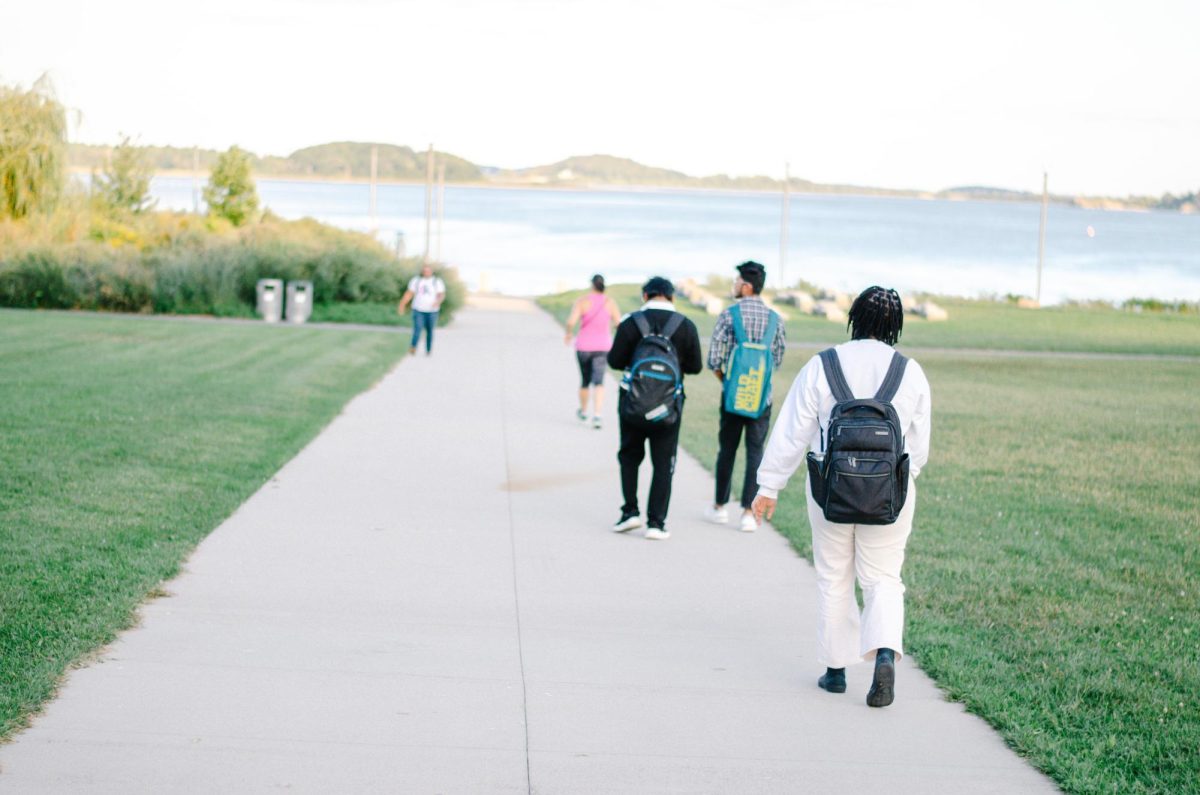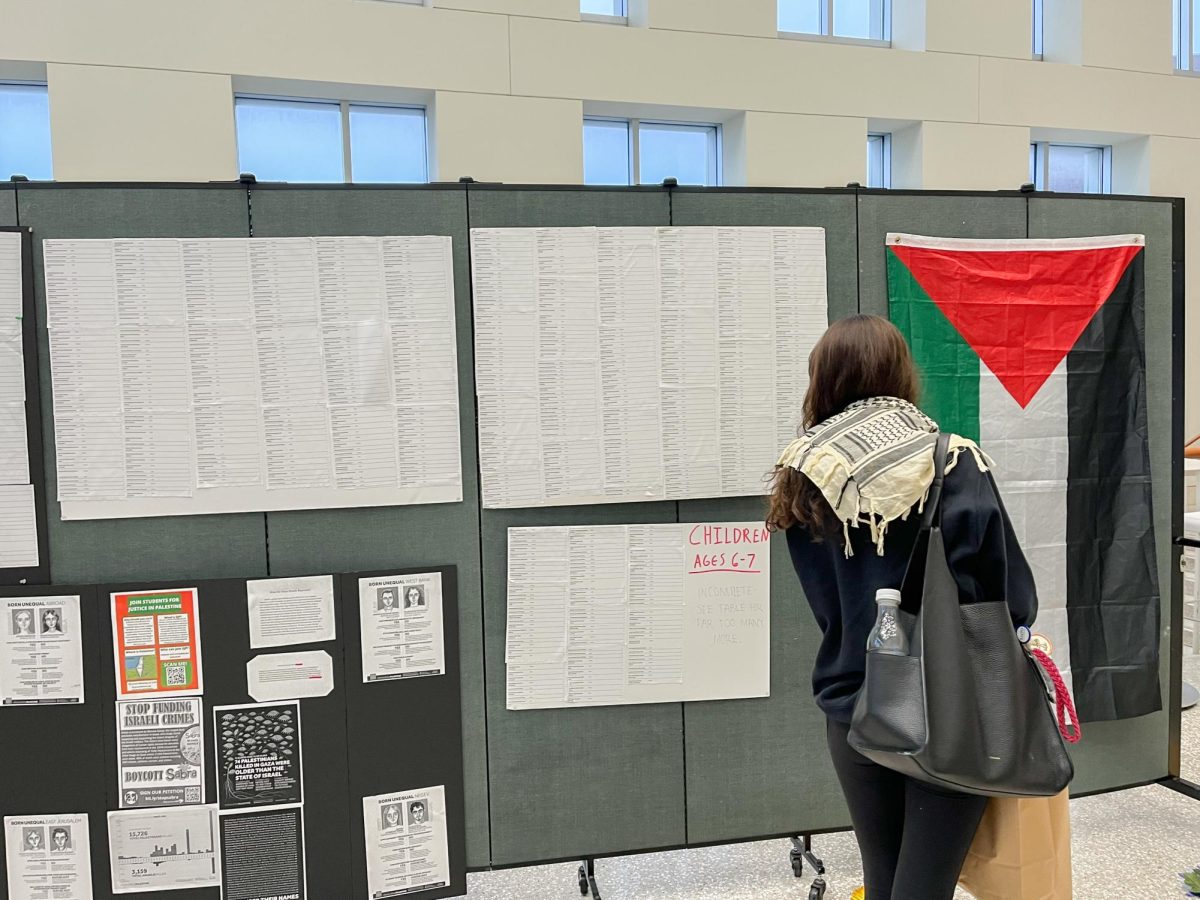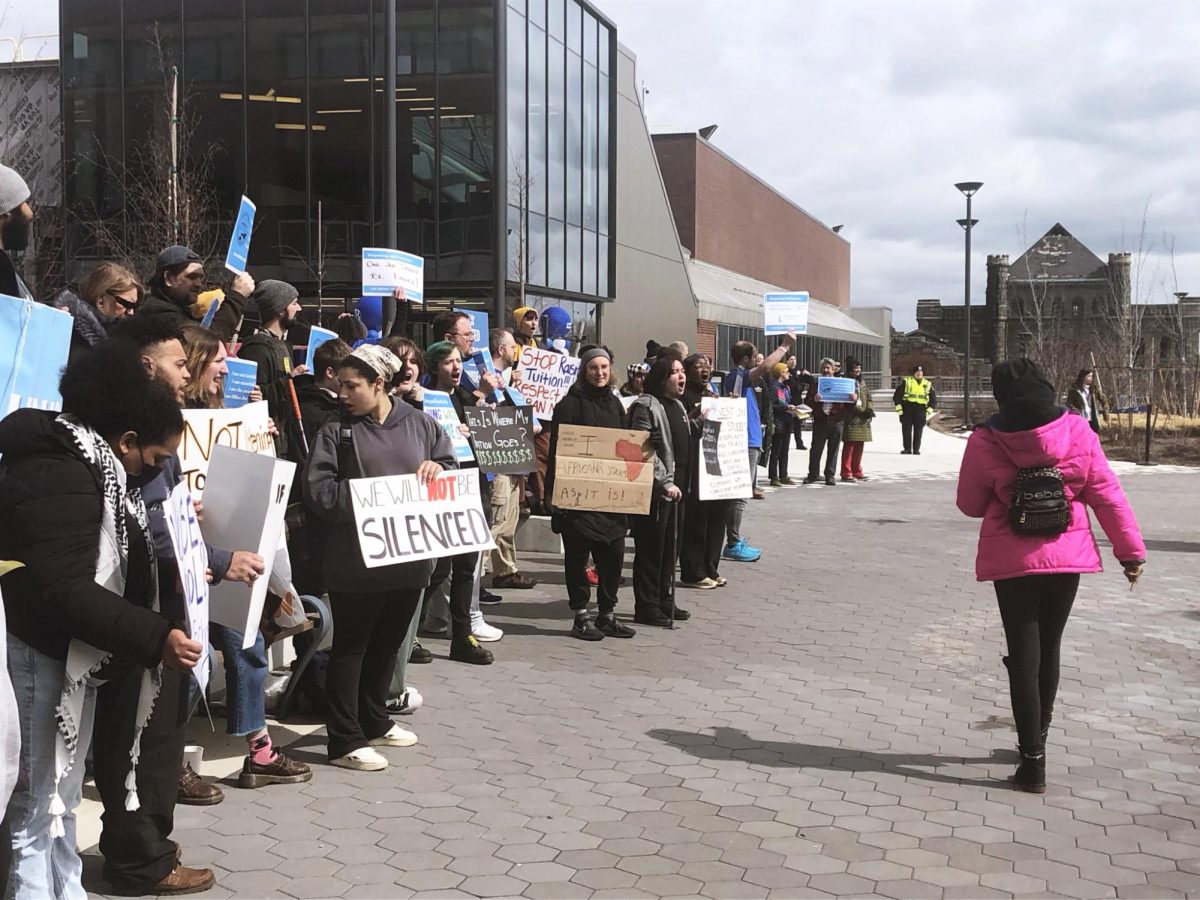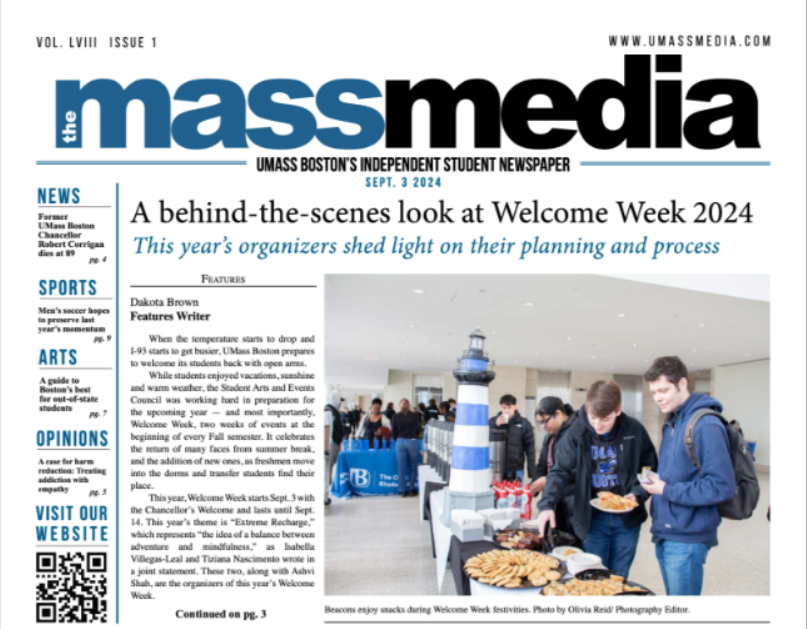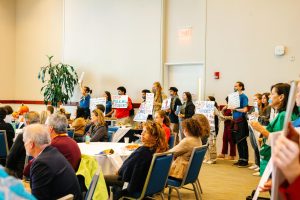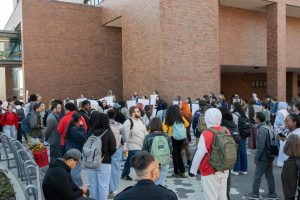Table Tennis Club’s Fight For Recognition
September 23, 2004
Senior Eileen Lintz and her Table Tennis Club started last fall with “a rickety, broken-down, piece of junk table” in a hallway at the Clark Athletic Center.
One year later, Lintz has managed to aquire five international-tournament-quality tables, a room to play in, and around 15 to 20 ping-pong nuts, in addition to the 15 who showed up for tryouts on Friday, September 17. Still not satisfied, Eileen tries her best to build a foundation for the club’s long-lasting future following her graduation next spring, “I worry that the club is going to die when I leave because I worked really hard to get these things going,” she commented.
Funding the club has been her biggest problem from the beginning. As a student organization, her club was at first supported by Student Life, who paid for the team’s part-time coach, Qiumars Hedayatian. Hedayatian was winner of the Bay State Games in 2002, and was once ranked at 23rd in the nation. But the Student Life could not find a place for the Table Tennis Club to practice, nor could they allocate financial resources for tables, which cost over $700 a piece.
Instead of giving up, Lintz went to the Athletics Department and met with Vice Chancellor Charlie Titus, then director of athletics. Impressed with Lintz’s enthusiasm, Titus arranged four tables and the ?????Creative Room where the team now practices on Fridays. Thanks to a generous financial donation from Hedayatian, her club was granted another table, though financial difficulties will linger in the future.
The monetary hardship in part comes from things that neither Lintz nor the university has any control over. The National Collegiate Athletic Association (NCAA) doesn’t allow table tennis in its structure, while it will readily grant admission to minor sports such as rifle and water polo. As a result, most of table tennis clubs all over the country are denied a status as varsity teams. It bothers Lintz since table tennis is the number-two sport in the world, in terms of its number of participants. It is even considered an Olympic sport, as well as, generally speaking, “fast paced, athletic and highly technical,” Lintz commented.
On the other hand, Lintz also pointed out an advantage to staying outside the NCAA regulations. “We are a kind of free in a way. We can do a lot of things which varsity teams cannot do.”
Lintz will be able to test her vision of autonomy on October 23 and 24 when her club, for the first time, will run a tournament at Clark Athletic Center. “We can offer prize money. We even can have sponsors coming,” Lintz commented, although her priorities are to keep this event going for following years, rather than making profit. Lintz is expecting anywhere from 75 to 150 particpants to attend the two-day event.
Next year, the team will test its abilities against other schools. UMB will join the National Collegiate Table Tennis Association (NCTTA) this fall. Once the club becomes a member of the organization, they will have the first opportunity to play officially against 14 other teams within the New England division.
Good news for a beginner and many others. Even if you couldn’t make “Team A” which consists of the four best players, you still would be able to play as a member of the junior team. In addition, the NCTTA is flexible about defining a student’s status; you can be an undergraduate, a graduate, a transfer, a participant in long-distance learning, or even a part-time student.
Bad news for some: the NCTTA states that, “All students need to… maintain a minimum of GPA of 2.0 or its equivalent.”
A side from the vicious GPA clause, Lintz believes that table tennis is highly accessible for a wide range of people, stating, “This is a very unusual sport in which men and women can play with each other. Age, gender, height; most of the things don’t matter. In table tennis, you just have to be quick. Once you start to understand how to play, you will improve very rapidly.” Lintz is so dedicated to the sport that she plays it five days a week at a local table tennis club after classes. She articulated, “My life is table tennis and chemistry, my major. I have nothing else.” She added, “My goal is to make the club live on after I leave. UMass Boston becomes a place where there is a team that people are associated with. Many schools around here like MIT, Harvard, and Northeastern have very good teams. There is no reason why UMass Boston shouldn’t have it.” If you are eager to play table tennis, or even improve your skills, contact Eileen Lintz at [email protected].

